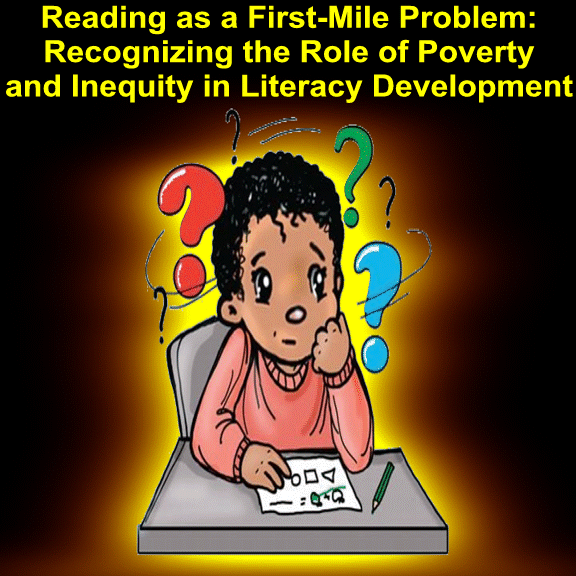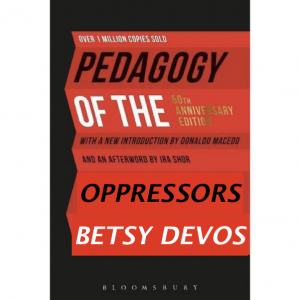LEADING WHILE WOMAN: CHALLENGES, MAZES, LABYRINTHS, AND GLASS CEILINGS
Today I’d like to relay a call for proposals for a special issue of The SoJo Journal: Educational Foundations and Social Justice Education entitled Leading While Woman: Challenges, Mazes, Labyrinths, and Glass Ceilings edited by Azadeh F. Osanloo, New Mexico State University,
Azadeh writes,
The SoJo Journal: Educational Foundations and Social Justice is interested in research studies which include conceptual, theoretical, philosophical and policy analysis essays challenging the existing state of affairs in society, schools and (in)formal education.
From a historical perspective, in terms of foundations and social justice in education; leading as a woman is complex. Several factors contribute to the inequity women face in educational leadership such as societal and social variables, including but not limited to: systemic oppression, gender bias, family structure, personal and professional development; and academic culture. All potentially affect the process of progressive leadership (change) in educational settings. Albeit a social construct, gender often adds to the complexity of women in leadership as a result of several social assumptions regarding leadership styles of women (i.e. femininity, aesthetic, emotion, and behavior). In terms of “leading while woman,” few of the same characteristics are typically representative of men, often creating a barrier of social constructs between men and women in educational leadership roles (Waylen, Celis, Kantola & Weldon, 2013). For women, the search for regularity and equity in higher educational leadership is real. This call specifically considers women in educational leadership, lending from perspectives of both scholars and practitioners committed to social change and promotion of equity inside and outside of the PK-20 educational pipeline.From a social justice perspective, gender diversity is critical. For women to obtain equitable access to opportunities in educational systems like – social mobility, economic parity, and fair ascension to leadership positions – transparent discourse regarding social justice practices and clear requirements regarding institution policy are imperative. Leading while being a woman is challenging; not from a perspective of deficit, but in recognition of the responsibility and barriers women face historically, socially, and institutionally.The proverbial “glass ceiling” has been disrupted, since women are both capable and able to obtain the same executive-level leadership roles as men. However, the idea implies women and men have equitable access to entry and mid-level positions, which is inaccurate (Eagly & Carli, 2009). Historically, women have a more difficult time obtaining traditionally non-female dominated positions regardless of the level. It remains a challenge for women to achieve goals past one particular obstacle, and the “glass ceiling” metaphor implies women are unable to conceptualize a complex, evolving professional life (Eagly & Carli, 2009).A more thorough, forward-thinking explanation regarding the maze of challenges and complicated trajectory most women in leadership roles face, is the Labyrinth Metaphor. The suggestion details the broader picture of the complexity of work-life balance, and addresses barriers such as sex discrimination while also addressing societal expectations such as a women’s domestic and home-life responsibilities (Martin, 2007). The Labyrinth Metaphor is based on leadership from perspectives of educational psychology, economic factors, communication practices, management styles and sociology methods (Martin, 2007). The motivation for the metaphor was to increase gender equality in the workplace, which authors suggest change on a number of levels including “the culture, the organization, the family and the individual” (Martin, 2007, p. 90).Based on the suggestion of the labyrinth metaphor and refuting the “glass ceiling” phenomena, educational researchers are emboldened to acknowledge other aspects of inequity. Educational environments, which theoretically provide safe spaces for learning and personal growth, can exacerbate negative contexts in relationships thus hindering positivity in many learning environments (Yoon, Barton & Taiariol, 2004). For example, the societal representations of bullying and the “mean girl” culture are historical illustrations of women protecting their status and cultivating their power in cruel ways (Ryalls, 2011). The term is used to describe women using indirect, passive-aggressive behavior destroying other relationships, including efforts causing their victims to feel attacked and marginalized (Ryalls, 2011). The aggression displayed in the context of “mean girl behavior” is often associated with adolescence, however the behavior, in terms of a historical standpoint and expectations of society, tends to carry on through the lives of adult women as well (Driscoll, 2008), often creating a pattern of behavior with negative consequences for other women.For higher education specifically, representation of the academic bullying culture, and/or the academic “mean girl” is evident when identifying factors such as “faculty incivility” which describes perceived harassment, passive-aggressive behavior and bullying from a colleague without clear intent or reason (Twale & De Luca, 2008). The term is used to identify several variables which contribute to academic bullying behavior (Twale & De Luca, 2008).Talking points include the following:
- • Faculty Incivility
- • Societal expectations
- • Gender bias
- • Institutional sexism
- • Marginalization
- • Work-life balance
- • Maze of Challenges
- • The “mean girl” phenomenon
Timeline
An early expression of interest and a 500-word abstract is required by March 1, 2020. Manuscripts (20-30 pages double-spaced) are due June 20, 2020. An expectation for the publication is November 1, 2020 Please address correspondence and submissions to azadeh@nmsu.edu and include “SoJo Special Issue” in the subject line.Dates at a Glance
- March 1, 2020 – 500-word abstract due to azadeh@nmsu (include “SoJo Special Issue” in the subject line)
- March 15, 2020 – Authors receive notification that their abstract was accepted and are invited to submit a full manuscript.
- June 20, 2020 – Manuscripts due
- July Review Process
- September 1, 2020– Revised drafts due to Special Issue Editor
- November 1, 2020 – Publication Date (Tentative)
Style Guidelines
All manuscripts must adhere to APA sixth addition format, include an abstract with 100-150 words, 3-4 keywords, and range between 20-30 pages in length (including tables, charts, figures and references). Two copies of the manuscript should be attached: 1) a master copy including a title page and 2) a blind copy with the title page and all other author-identifying information removed (including citations and references pertaining to any of the contributing authors’ works).Submission Guidelines1. Papers should not exceed 20-30-page limit without consulting editors.2. APA citation, 12 point, Times New Roman3. Papers should be saved as “author last name-title of paper” and saved as a doc or docx, (For example, Jackson-Women leaders in higher education.docx)4. Papers should be submitted to the following email with the name of the file (as above) in the subject heading.5. Completed papers should be emailed by June 20, 2020 to azadeh@nmsu.edu6. All questions should be submitted to azadeh@nmsu.eduJournal ContactAzadeh F. OsanlooCo-Editor-In-ChiefThe SoJo Journal: Educational Foundations and Social Justice EducationNew Mexico State University1220 Stewart St., Las Cruces, NM 88003Phone: 575-646-5976Email: azadeh@nmsu.edu
Also, we will be hosting a symposium at the University of Kentucky College of Education in February 11 entitled: Continuing the Diversity, Equity, and Inclusion Conversation: Gender and Equity. Stay tuned to Cloaking Inequity for details.
Please Facebook Like, Tweet, etc below and/or reblog to share this discussion with others.
Check out and follow my YouTube channel here.
Twitter: @ProfessorJVH
Click here for Vitae.














